Frequently Asked Questions
What should I expect in a counselling session?
A counselling session provides a time and place for you to explore issues that are important to you. For this reason, the counselling approach is collaborative and client-centered so that sessions stay focused on your goals. Sessions are generally one hour in length. More or less time can be negotiated at an agreed upon rate. You have the opportunity to work on your goals outside of the session by journaling, reading relevant books, or doing assignments that you view as helpful.
How often should I come for counselling therapy?
It is often recommended that new clients come for therapy on a weekly or biweekly basis for the first month. This frequency is important if you are experiencing a crisis or severe distress. Regular sessions help the counsellor understand your experience so that together you can set the direction and goals of treatment. This frequency also allows you to assess if the counsellor is someone you feel comfortable with and trust. As you progress in treatment, you and your counsellor may decide to reduce the frequency to every other week.
How do I know when I should stop counselling therapy?
In general, therapy sessions stop when you are satisfied that you’ve met your goals for treatment. Progress will be assessed with your counsellor at various points through the counselling process, so that you determine which goals still require attention.
How about confidentiality?
Everything that you communicate to the Counsellor remains confidential. Your written permission is required to release any confidential information (i.e. to physicians or other therapists). However, there are legal exceptions to confidentiality that relate to safety. By law, circumstances that involve a threat of harm to yourself or others, or cases of child abuse, must be reported to the proper authorities.
Is there a standardized treatment for addressing issues like depression, anxiety, etc.?
Research findings indicate that Cognitive Behavioural Therapy (CBT) is demonstrated to be the most effective approach for treating depression and anxiety. However, there are several therapy approaches that a Counsellor can draw on to address the unique nature of each individual and their experience. A good Counsellor should work with you to develop a tailored treatment plan to meet your needs and goals. Ask as many questions as you need to make this time beneficial for you.
What if I have more than one issue I want to address through counselling?
The Counsellor will work with you to discern what issue is having the greatest impact on your life and create goals with you to address this as the primary focus of treatment. This approach provides a sense of direction for therapy and can reduce anxiety. Often when clients gain insight into factors contributing to the primary issue, this new awareness can impact other areas of concern. However, as counselling progresses, you and your Counsellor may identify a different issue to focus on in therapy, and change your goals accordingly.
